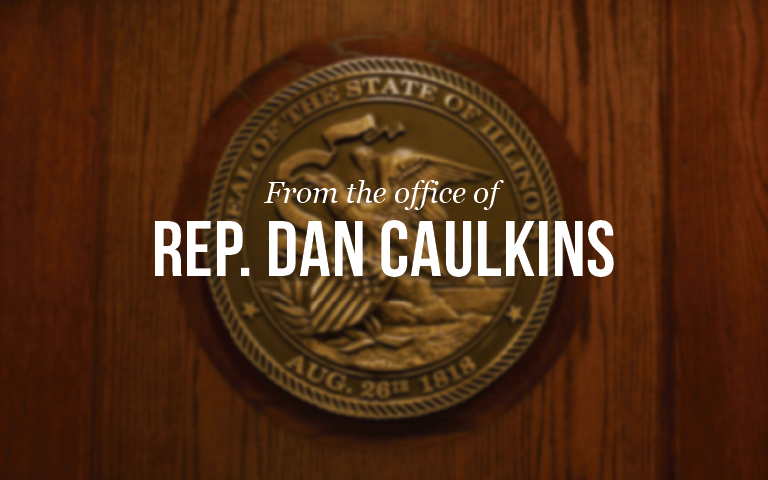State Representatives Tom Bennett (R-Gibson City), Dan Caulkins (R-Decatur), and Mike Murphy (R-Springfield) shared their concerns with Governor Pritzker’s controversial plan to borrow another $2 billion from the federal government.
“The State of Illinois borrowed $1.2 billion earlier this year to compensate for the federal government pushing back the income tax filing from April 15 to July 15,” said Rep. Caulkins. “The filing deadline has long since passed and the Pritzker administration failed to pay back the loan as promised. Now he wants to borrow from the federal government again? This is irresponsible. The governor’s solution to put the taxpayers deeper in debt is more borrowing and higher taxes with no path to pay back what has already been borrowed.”
Republican lawmakers became aware of Governor Pritzker’s plan to borrow an additional $2 billion from the Federal Reserve at Tuesday’s Restore Illinois Collaborative Commission meeting, where members of the Commission received an update on Federal COVID-19 funding.
“Illinois is already drowning in debt and the state’s inability to pay back this first ‘bridge’ of money borrowed from the federal government only stands to highlight the overspending problem the Pritzker administration is unwilling to acknowledge and why more borrowing puts the state at greater financial risk,” said Rep. Murphy. “This is exactly why the Governor needs to stop going it alone and call the legislature back to session to prevent more fiscal damage that will seriously harm already overburdened Illinois taxpayers.”
As of today, the State of Illinois has only paid back $200 million of the $1.2 billion borrowed from the Federal Reserve.
“Six months ago many of us questioned the wisdom of passing an unbalanced state budget that was based on more borrowing and hoping for a bailout from Washington,” said Rep. Bennett. “Now we are seeing the consequences of that short-sighted decision. The General Assembly needs to be called back into session to work together with the Governor to address these debt and budget issues.”
